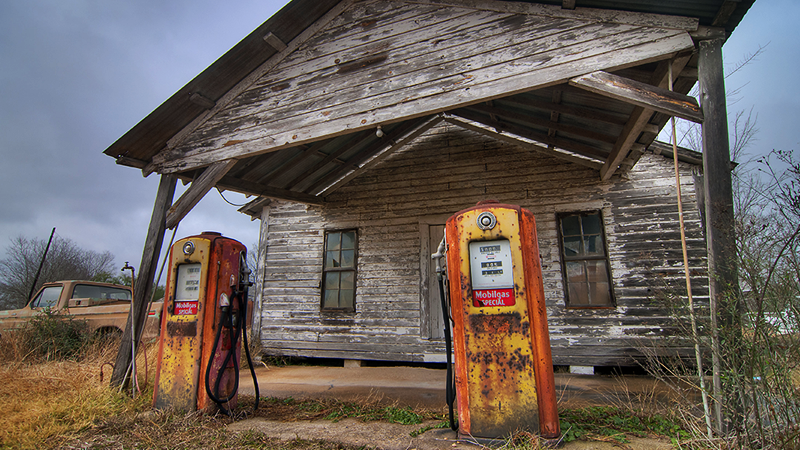Danish entrepreneur Martin Nielsen never planned to live in Africa. He travelled from his base in London to Kenya in 2012 to spend three months working with 88mph, a seed investment firm based in Kenya, where he launched Mdundo, a mobile platform for downloadable African music. Originally, Nielsen intended to manage the business from Europe, but he soon relocated to Kenya after finding the local and regional market a much more attractive place for entrepreneurs.
In three years, Nielsen’s business, Mdundo, has become one of the continent’s leading music service sites with more than 1,000,000 active users every month, mainly from Kenya, Tanzania, Uganda and Nigeria. More than 25,000 musicians – well known, and undiscovered, from across Africa contribute to Mdundo, earning revenue every time a user downloads their music.
Nielsen believes the same level of growth would have been impossible in Europe. He says there are many compelling reasons for entrepreneurs to consider relocating to smaller markets relevant to their business plans.
Amy Guttman: Why did decide to relocate to Africa?
Martin Nielsen: The startup space is less crowded here and the problems are much more visible. You cannot go for a walk in Europe without someone talking about starting a business to solve a problem that likely doesn’t exist. Here, problems are real and practical solutions are valuable.
Guttman: Basing Mdundo in Kenya makes sense, since the business is Africa-focused. Why does it make sense for other founders to relocate to Africa?
Nielsen: Three things stand out as being much easier for starting a business in Africa, than Europe.
- Quicker product – market fit: There are many untapped opportunities in countries like Kenya and much less competition. As an outsider, it’s easy to identify potential opportunities because you may have seen the same problems solved at home. For instance, when we were building Mdundo we took some experiences from Spotify and some from Soundcloud. The key is to tailor the solution to the local market.
The way we clear rights here is very similar to Soundcloud because of the difficulty of acquiring music rights in Africa (for Soundcloud the issue is DJ mixes) and we follow the same monetisation philosophy than Spotify, however we build our products to tailor for a wide range of low end devices and we tailor our payment systems to mobile money solutions currently penetrating the African market.
- Motivated talent pool: Talent is a crucial ingredient to succeed with any business. I have met a number of expat-entrepreneurs who find it hard to find and maintain talent in Kenya, however my experience is very different. You will face the same challenges here as anywhere else in the world. You can’t afford the best people, nor can your business withstand high turnaround. The big difference is that in Kenya there’s a massive, talented group of young professionals who are excited to get involved with any business, learn and grow. This group needs direction and assistance but if you spend your time with them you can achieve a lot with very limited resources.
- Global interest: Africa is still an unknown territory for many global companies, but the interest in this continent is rapidly increasing. You and your business become a knowledge powerhouse. I have met with senior executives from some of the largest companies in the world who now see me as an authority and have asked me to share my knowledge and experiences. These are people I would never have access to in Europe.
Nielsen is currently raising funds to expand Mdundo to six new territories: Mozambique, Rwanda, Zambia, Cote d’Ivoire, Ghana and Nigeria.







